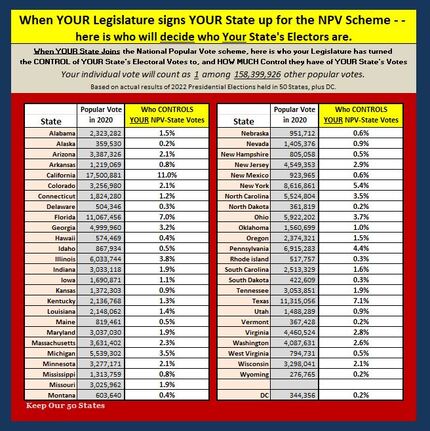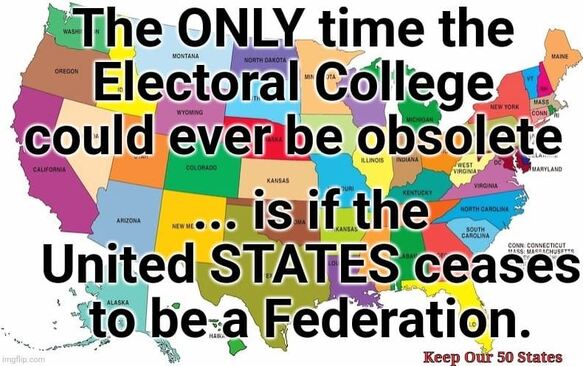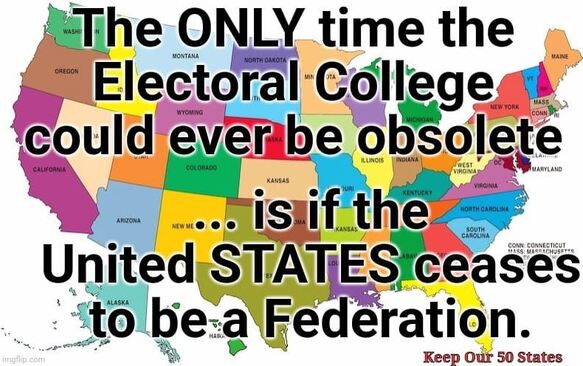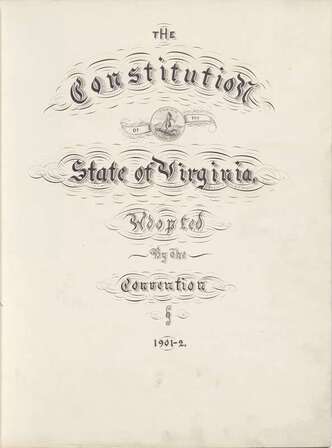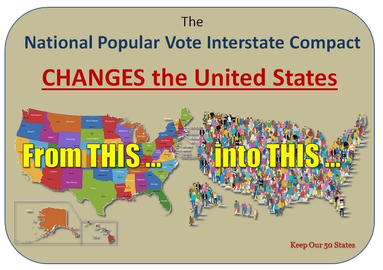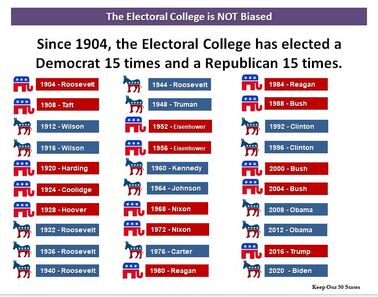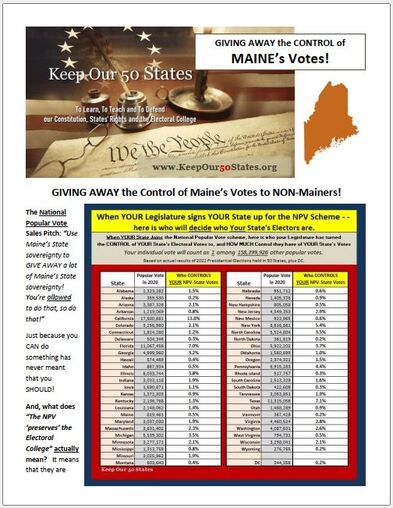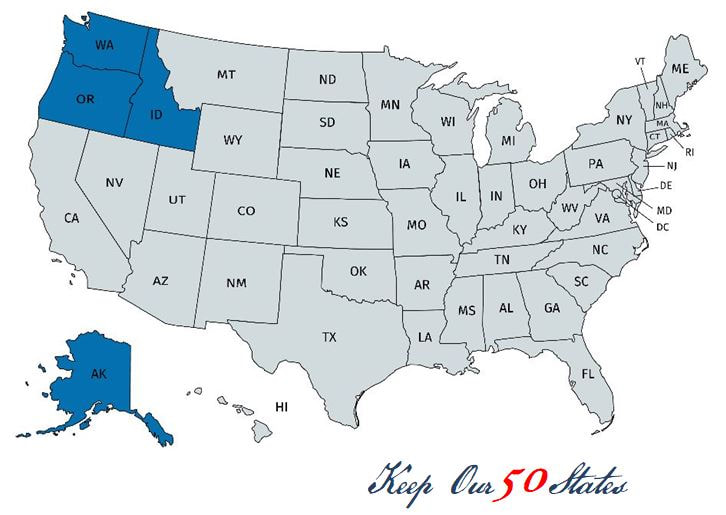Letters from Roberta
|
Roberta Schlechter
Keep Our 50 States Volunteer NW Region Director Oregon Roberta Schlechter is a former legislative staffer in Oregon and Northwest Region (Alaska, Idaho, Oregon & Washington) Director of the Michigan-based KEEP OUR 50 STATES. She has advocated against the National Popular Vote since 2008. Opinions expressed are exclusively those of the Author. |
|
Click the Headline of any article to open it and make it available for download.
To leave your COMMENT on any of Roberta's Letters, double-click the Letter Title, and then leave your comment on the form that appears on the next screen. |
'Letters from Roberta' Blog posts
Copyright © 2021-2024, Roberta Schlechter |


